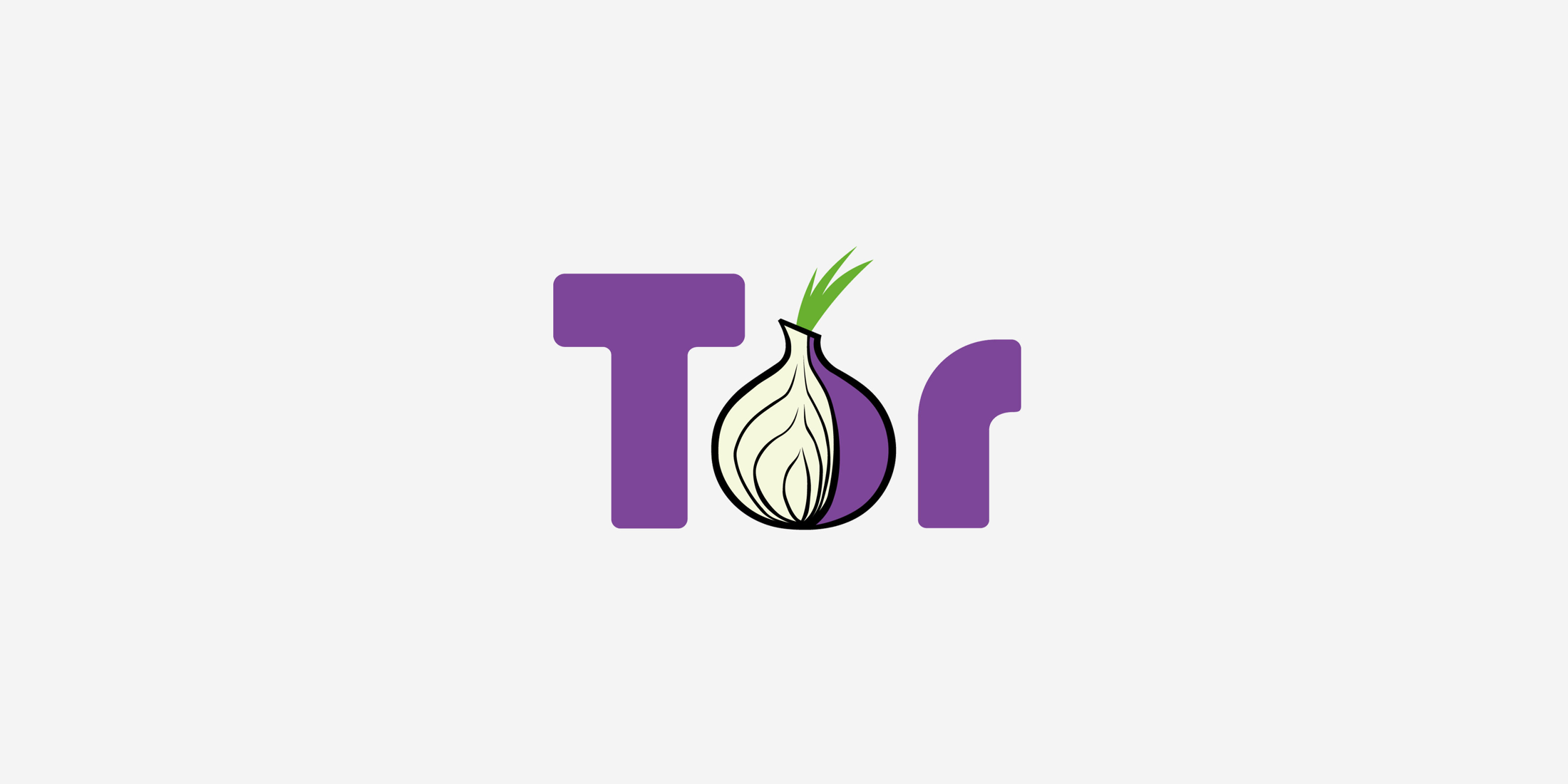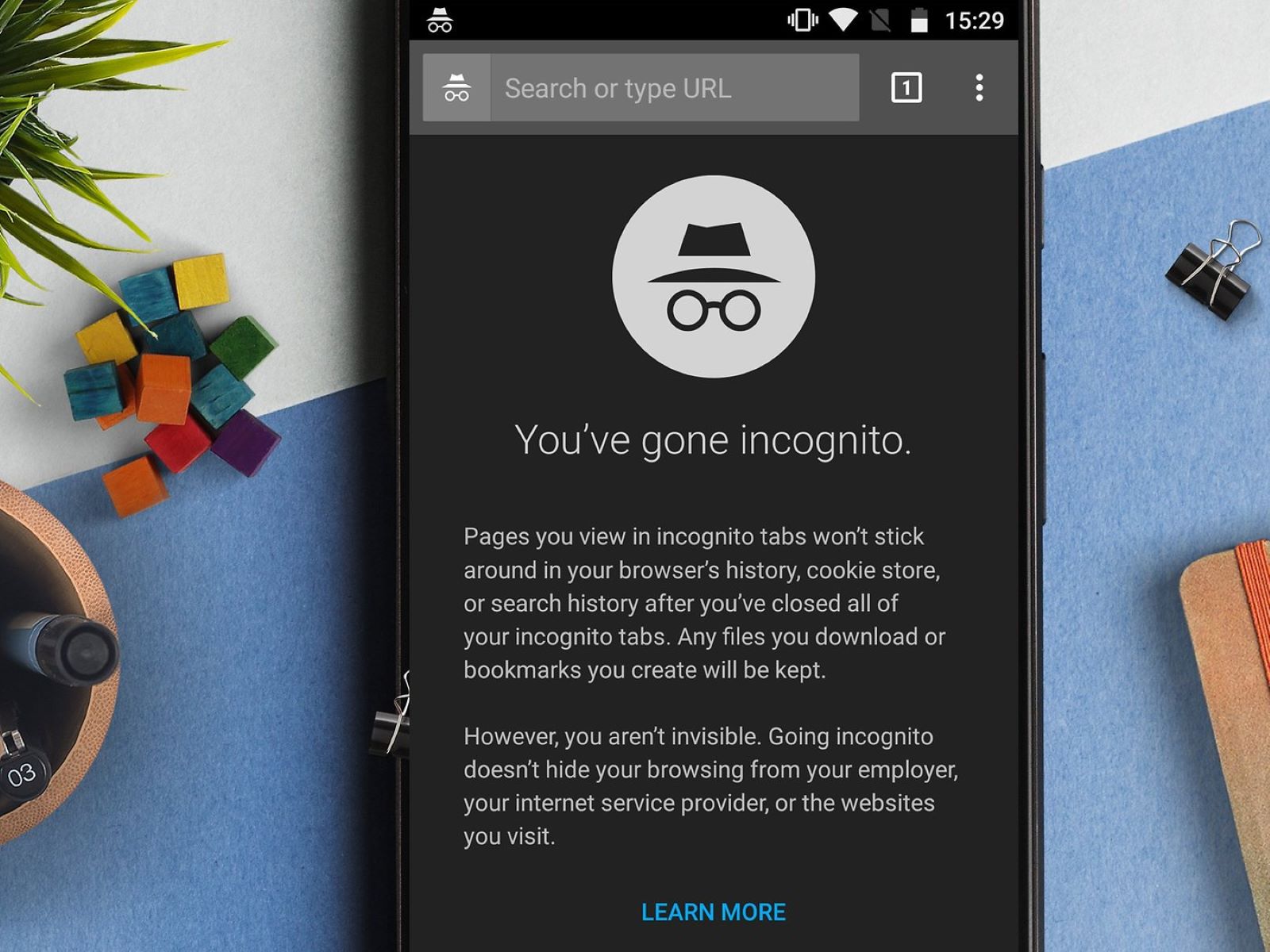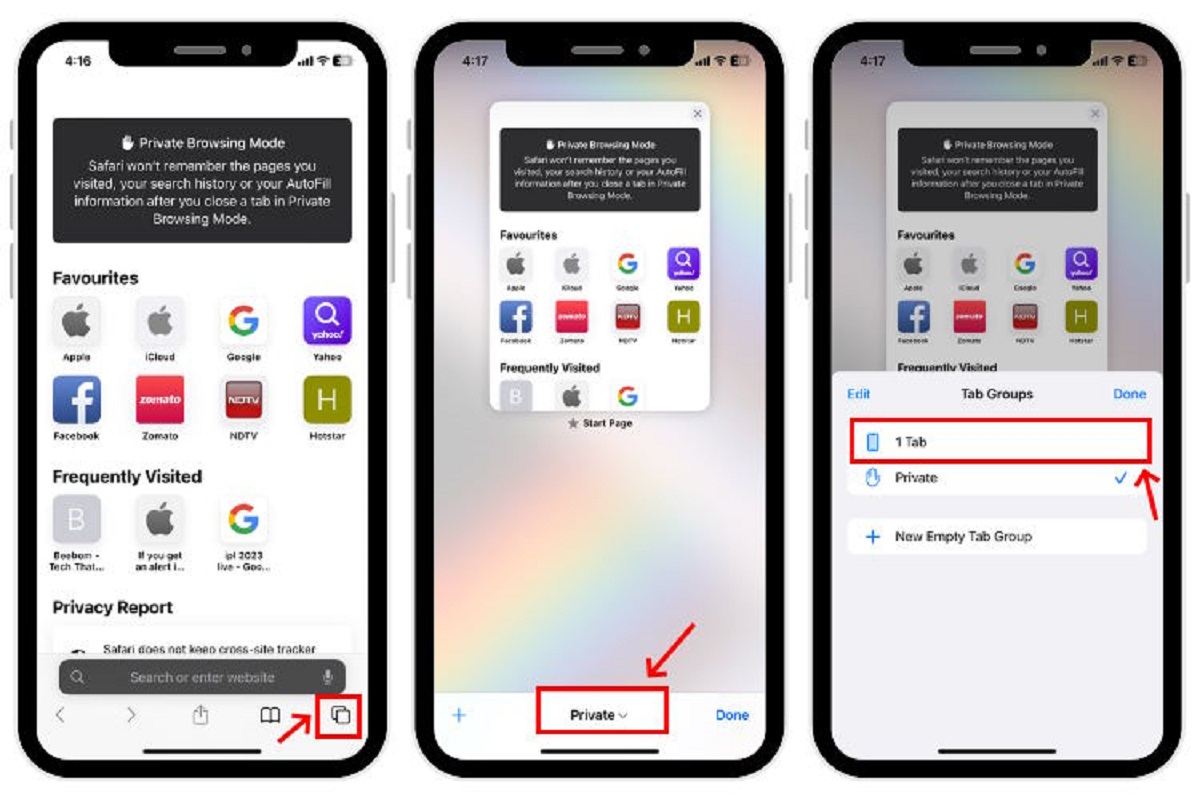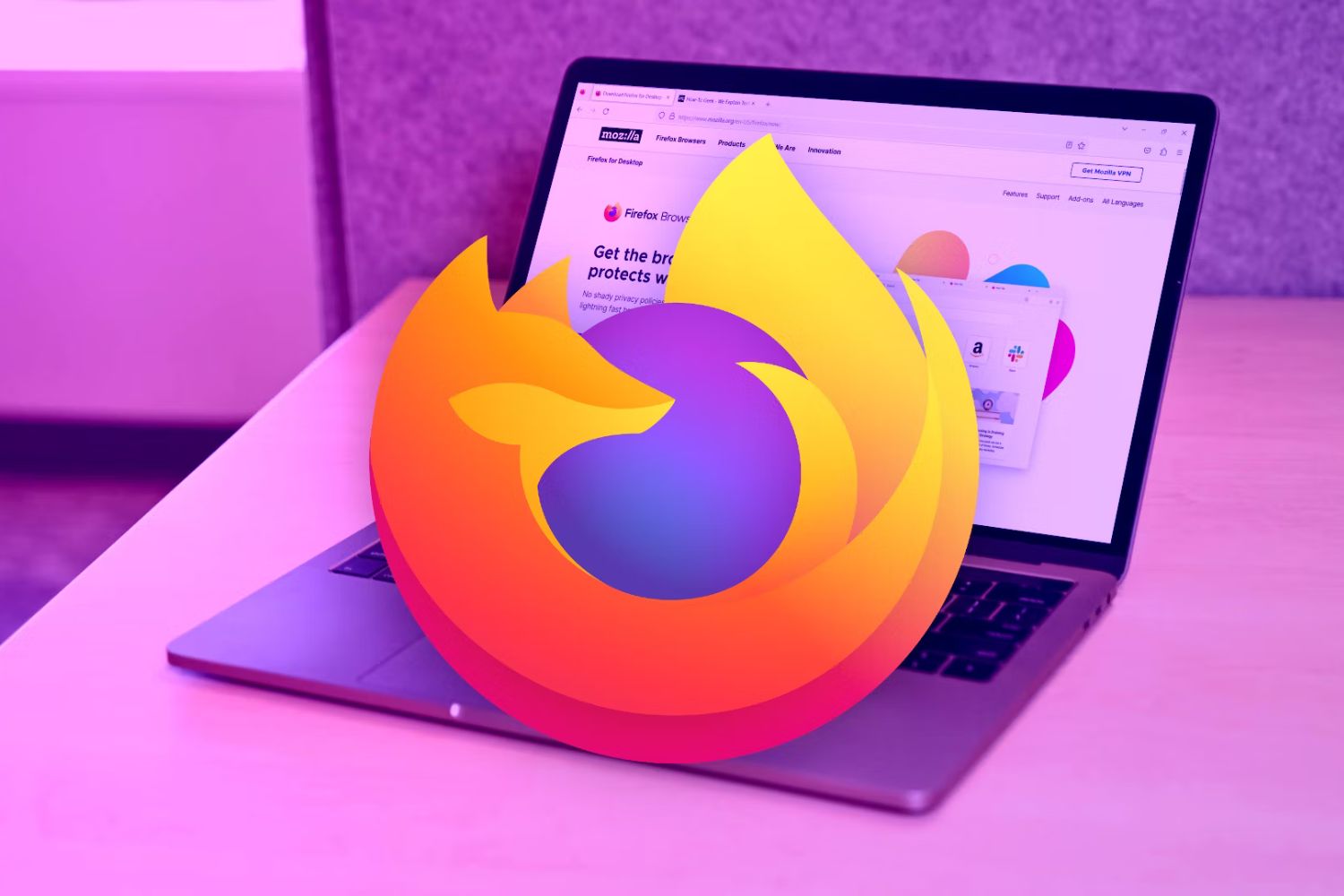In this era of hacking, identity theft, data privacy violations, and Facebook watching your every move, the best browser for privacy can be your greatest weapon. The internet can be the place to be completely anonymous, but it’s also where you can be the most vulnerable.
Data is one of the most monetized assets right now. And where do you get most of the people’s data? On the internet— unguarded and sometimes given voluntarily. Google Chrome is one of the major tech companies that sell their user’s data, and it’s the most used browser in the world.
So, if you want to keep your data private and still want to continue your internet browsing, it’s time to make the move, and choose a secure browser. In this quick guide, we have compiled the best browsers for privacy that are perfect Google Chrome alternatives.
10 Best Browsers for Privacy That Aren’t Google Chrome
1. Opera


Opera is one of the oldest web browsers available, and it has stayed in the game for providing its users a more private browsing experience. It can be your default web browser on all devices with Windows, Linux operating systems, iOs, and Android.
Opera has its own tracker and ad-blocker that can shield users from tracking websites and advertisers. Opera also has a security feature wherein you can delete your private data, including your cache, HTTP cookies, browsing history, and passwords in one click of a button. This makes it the best browser for privacy compared to Google.
When you go to a website, a security badge will show beside the address, which contains the safety certificates of the website. Opera’s malware and fraud screen is enabled by default so, it proactively warns you about suspicious web pages. Opera also cross-checks recommended pages with blacklists containing several databases of malware and phishing websites.
2. Brave


The creator of JavaScript and former head of Mozilla Firefox created Brave in 2016 with the aim of giving back users control over their data when surfing the web. It has now made waves with internet users calling it the best browser for privacy.
Brave has a security feature called Shields that blocks all kinds of trackers that follow you when you go online. With Shields, all your cookies are cleared when you close the app, and you can be sure that ads and malicious websites and code are blocked. You can also prevent fingerprinting attempts and prohibit scripts from loading when using Brave as your browser.
The best private browser allows people to customize their browser’s security settings, and that’s exactly what Brave offers its users. There are several functions you can enable to secure your browsing the way you want it. You can even pre-set the data you want to delete every time you close Brave.
Brave’s version of Chromium has removed a lot of code from Google to promote user privacy. Brave has also strongly opposed Google’s Federal Learning of Cohorts ID proposal, which will begin rollout to Chrome users but will not push through in Brave.
3. Safari


Safari is the default web browser for Apple, which makes it the best browser for privacy for iOS users.
It has a built-in pop-up blocker with a JavaScript blocker that you can turn on and off. The browser runs web pages in a sandbox that isolates each site to prevent any suspicious code from infecting the other tabs open in Safari.
Safari is the best browser for privacy with its Intelligent Tracking Prevention system that can block embedded trackers from websites your IP address visited. The ITP also prevents digital fingerprinting and clears cache from third-party sites. This helps you remain anonymous when browsing on your Apple devices.
Get the latest version of Safari from the Apple Store
4. Tor Browser


Short for The Onion Router, Tor has set its sights on being the best browser for privacy since its inception in 2002. The Tor browser is Mozilla Firefox but better and more secure. It has developed a secure network that allows users to remain completely anonymous online through the Tor Network.
The Tor Network masks your identity and internet footprint by encrypting your traffic three times. This increases your privacy protection as it will be extremely difficult for anyone to trace you and even impossible for Tor to keep any records of you.
Tor also does not track your browsing history and deletes all your cookies and cache after every session. When you use Tor, your fingerprint browsing records from visited websites are also automatically blocked.
5. Vivaldi


Vivaldi is one of the best browsers out there with privacy at the forefront. Vivaldi has been a staunch defender of people’s data when browsing the web and has provided its browser as a safe haven for people who want to go online without being bombarded with ads and trackers.
Like the best private browsers we have on this list, Vivaldi has a built-in ad blocker. It offers protection from all sites that track your internet activity and steal data from you. According to Vivaldi, they are developing a new code so they themselves don’t get any unique information from you.
Aside from being a total privacy-nerd, Vivaldi also offers unique features that can make your browsing more enjoyable with their customizable templates and tab organizations.
Download the Vivaldi private browser
6. LibreWolf


LibreWolf is a Firefox fork that focuses on privacy. It is the best browser for privacy for those who want no-frills and unproblematic secure web browsing.
LibreWolf is preferred by many as the browser gives them more freedom with their privacy in check. This web browser features absolutely no telemetry, which means you can say goodbye to adware and unnecessary data collection. LibreWolf also has uBlock Origin integrated into its system with private search engines like Qwant, DuckDuckGo, and Searx.
Download the LibreWolf browser
7. Iridium


Iridium takes the Chromium base code and adds enhanced privacy protection and fast browsing to the mix. It might sound too good to be true, but Iridium is serious about providing its users the web browsing experience that they deserve— private and efficient.
It’s the best browser for privacy with its lack of telemetry. Iridium’s default features include blocking third-party cookies and disabling password storage and autofill. Your website data is also purged after every session.
Download the latest Iridium browser
8. Mozilla Firefox


Mozilla Firefox is the best private browser as it allows its users to customize their browsing settings. You can optimize your privacy and security as much as you can. If you don’t know how to customize, Mozilla’s default settings can already provide robust privacy security.
One of Firefox’s most powerful privacy features is Enhanced Tracking Protection. It obstructs social media trackers, site tracking cookies, blocks crypto miners, and fingerprinting scripts. Firefox developers are consistent in improving their security features that go beyond stored cookies and target complex caches.
If you prefer to use your mobile device to access the internet, Mozilla has developed a private browser for Android and iOs users called Firefox Focus. The Focus browser has an automated ad-blocker that can protect you from numerous tracking.
9. GNU IceCat


GNU IceCat is an open-sourced and free version of the Mozilla Firefox browser. It is one of the best browsers for privacy as it’s compatible with Linux, iOS, Windows, and Android.
The IceCat web browser has integrated HTTPS Everywhere that protects your data from website trackers. It also features an ad-blocker based on Adblock Plus with fingerprinting countermeasures in place to give you extra protection. And did we mention it’s free?
Download the GNU IceCat browser
10. DuckDuckGo


Among this list of the best browsers for privacy, DuckDuckGo is the only one that doesn’t have its standalone browser. It isn’t technically a browser, but it provides the best security setting you can plug into Firefox and Chrome.
You can set DuckDuckGo as your default search engine to block all hidden trackers on web pages. You can be sure your browsing history never leaves your device as you can clear it with just one click of a button. It also has an automatic ad blocker and makes sure HTTPS encryption is on all websites if possible.
DuckDuckGo gives a privacy grade to each web page you visit. This makes it easier for you to evaluate how a particular site gathers data from you.
Add DuckDuckGo to your web browser
Why You Need to Care About Your Privacy When Browsing


Privacy is a weird thing today. You have people ranting about their online privacy, but there they are— sharing everything they can on the very same platform where privacy is a problem. It’s something we don’t fully understand due to the technicalities, but we have to.
Security when browsing is vital, and one of the best things you can do to protect yourself is having the best browser for privacy, that’s why we made this list. Your data is your greatest asset in this day and age. It’s only appropriate you get the say on how it’s being used and when.
Without online privacy, hackers will run amok and steal your sensitive data like your credit card information and drag your credit score to the depths of credit hell. Without online privacy, ads for the massage gun you were curious about one time will follow you the rest of your digital life. And without online privacy, your whole identity can be forged and be made irrelevant or worse— be aired out for the public to scrutinize without giving you a chance to explain. A lot of bad things can happen when you don’t care about your security online, especially now that people’s lives mostly happen on the world wide web.
Equipping yourself with the best private browser and adding security extensions can make all the difference in your data usage online. Information security can provide physical security as well. Remember, what people don’t know can’t hurt them.
Why You Should Replace Google Chrome: Privacy Risks


Google Chrome is the most used web browser in the world now, with 2.65 billion online users preferring the Google-colored icon over any other browser. However, unbeknownst to most, Google Chrome has been taking advantage of their data.
Google is one of the biggest tech companies that has been on the frontlines of innovation for so long. That’s why most people don’t second-guess when using Google Chrome and other Google products for their everyday tasks.
However, for years, Google has faced a lot of scandals due to its privacy settings and data collection of its browser users. It utilizes a window to look into every action you make online. Google tracks every web page you visit to study your online activity and feed you targeted ads. It also doesn’t try very hard in blocking third-party trackers that monitor you with cookies and do digital fingerprinting.
Google Chrome Privacy Extensions You Can Add for Better Security
It’s understandable if you find it hard to depart from your Google Chrome because it’s hard to move away from something familiar and easy. So, if that’s the case, the least you can do is add extensions to Chrome so you can be sure your privacy is still protected when browsing with Google.
You can add these extensions to any browser for added security and privacy protection.
uBlock Origin


Adding uBlock Origin to your web browser will enable an efficient ad blocker that doesn’t demand much on your CPU and memory. This browser extension can work with Safari, Chrome, Firefox, Microsoft Edge, and Opera. uBlock is also open-sourced, so transparency won’t be a problem.
uBlock Origin not only prevents ads from loading but also stops the tracking code from being loaded.
Add uBlock Origin to your web browser extensions
HTTPS Everywhere


HTTPS Everywhere is a browser extension developed by the Electronic Frontier Foundation and the Tor Project. It automatically converts thousands of websites from unprotected “http” to secure “https.”
Adding HTTPS Everywhere to your browser extensions can shield you from a variety of surveillance and account hacking techniques, as well as some methods of censorship. This extension is supported by the most popular web browsers available now, including Google Chrome, Safari, and Firefox.
Add HTTPS Everywhere to your web browser
Cookie Autodelete


Cookie Autodelete is a web extension for Firefox, Microsoft Edge, and Chrome. It deletes cookies and other website data from closed tabs and clears your cookie cache every time you close your browser.
Cookie Autodelete aims to give you more control over your cookies by letting you choose the cookies to keep in a whitelist and greylist. You can also enable Automatic Cleaning if you simply want to delete all cookies every time you close your browser.
Add Cookie Autodelete to your browser
Privacy Badger


Another product from the Electronic Frontier Foundation, the Privacy Badger, is a browser add-on that has it all. It studies the web pages you visit and detects trackers that violate your privacy, and stops them automatically.
Privacy Badger conducts a thorough sweep of the websites you visit and blocks third-party trackers and ads and stops them from loading into your browser.
Add Privacy Badger to your browser
Click&Clean


When you add Click&Clean to your browser extensions, it will clear all your URLs, cookies and cache, browsing, and download history in just one click. This extension is completely free, and will also scan your device for malware.
Add Click&Clean to your browser
PixelBlock


If you think your browser is the only place spies and malware lurks, think again. Your email is also a cesspool of trackers.
When you open an email, it contains invisible pixels that notify the sender. Add PixelBlock to your Chrome extension, and it will block email trackers from loading. A red-eye icon will appear in your inbox every time PixelBlock detects a tracker.
Add PixelBlock to your Chrome browser
ClearURLs
Another tracker that lurks in your emails is tracking links. Tracking links inside emails inform the sender of the URLs you visit and track you from website to website. You can add the extension ClearURLs to automatically remove the tracking code in the URL.
Also Read: 20 Best Google Chrome Extensions to Stay Organized
Final Word
Privacy is your right. In this world where it seems that we don’t have control over anything, it’s imperative that we take the reins ourselves and take back what is ours. Taking the steps to move back from oversharing and simply having the best private browser can give you the control that big corporations have been exploiting. That is why we’ve listed the best browsers for privacy, so you know you have a lot of options for Google Chrome alternatives.
We’re not saying that you should resort to hiding in the caves of your own secrecy, but take shelter in your private digital home. You can still have your friends over, of course, but this time, you don’t have to worry about uninvited guests and intruders.

























